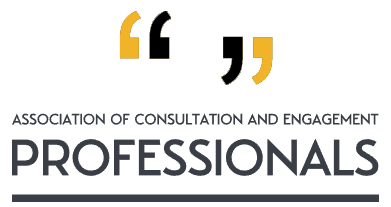Building a Net Zero society is going to zap a lot of consultation and engagement energy. That is, if we want to do it justice. Forget the ban on plastic straws, that was easy. Delivering real behavior change, such as a new low emissions zone, is demonstrably harder.
A recent report by the behavioral insights team highlights the challenges that are faced. For starters, most people feel it’s too hard to make sustainable choices because of high costs, inconvenience, and limited knowledge. It doesn’t help that the impacts of climate change are psychologically distant in time.
Identifying a route to Net Zero emissions for a complex system as large as the NHS is particularly challenging. The Health and Care Act (2022) places duties on NHS England, and all trusts, foundation trusts, and integrated care boards to contribute towards statutory emissions and environmental targets. We’d argue that any impact on the NHS Net Zero ambition should be articulated in a corresponding pre-consultation business case. For example, if a service is withdrawn and this results in greater reliance on patient transport then there might be a Net Zero hit.
Conversely, damaging society in a way which negatively impacts a Net Zero ambition can create a flash-point. For example, thousands of trees were culled in Sheffield under the ‘Streets Ahead’ programme between 2013 and 2018. The Council was slow to understand the scale and nature of opposition to tree removal, its attitude hardened as it sought to deter the efforts of campaigners to block the tree replacement programme.
According to a later public inquiry, problems stemmed from the rationale that a larger and front-loaded tree replacement programme would better facilitate the upgrading and maintenance of the built highways’ infrastructure. However, the inquiry did not find evidence that the Council was malign or intending to mislead but this was ‘likely a result of misinterpretation, arising from the fact that the people making the key judgments on design issues were highway engineers not tree specialists.
The limited knowledge problem is compounded by the scale of the ask. The necessary modified behaviours to achieve Net Zero are currently too expensive, too inconvenient and too unappealing. So how do the behavioural insights team suggest we tackle these problems?
Participatory process (climate assemblies etc) are already being used to ensure solutions are fair and acceptable to diverse publics. However, it’s the ability of consultation and engagement to educate audiences that’s often understated. For example, there are some instances in which information provision influences behaviour, particularly where there is high motivation and capability to act, but poor knowledge is a limiting factor. Daily prime-ministerial press conferences through the Covid-19 pandemic and clear, action-oriented slogans like ‘hands, face, space’ undoubtedly influenced the behaviour of a population keen not to expose themselves to the virus.
The report points towards good practices we’ve endorsed for a long time – such as the power of strong narratives and framing. In-fact, enabling practitioners to deliver high quality consultation and engagement activity is part of our mission. However, there are some lessons to be learned about the effective path to success. For example, there is some evidence to suggest that small positive actions lead to bigger ones. These are known as the “stepping stones”.
In the spirit of making sure everybody is ready for a big commitment, the answer may be to start small. Next time you are organising a consultation or engagement on these very issues, ask yourself these questions: do we really need to change everything at once? what is the optimal sequence of change?

